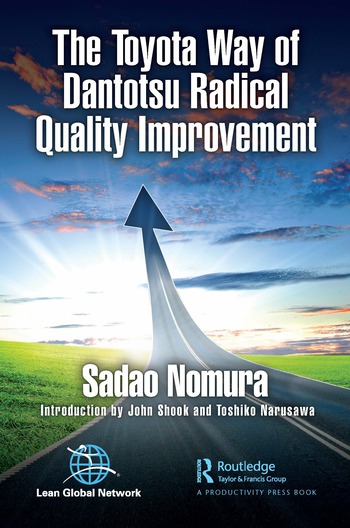I’ve stepped into a new role recently, assuming responsibility for a variety of new-to-me jobs. One of my new jobs is writing this monthly e-letter. For this job, and many others, I have a lot to learn about the work, leaving me wanting for some semblance of routine, however small. As a team leader (i.e. player-coach), I’m also responsible for supporting others who find themselves in similar situations.
Of course, each of us deserves the knowledge, skills, information, and tools to do our jobs well. Plus, the support of someone who can help when problems arise. As an experienced coach, this part of the team leader role should come naturally. I’ve done my time. I know the drill. And yet, all-too-often when I observe any team member working, I find my internal monologue caught in a circular reference: “This job could be so much better. Training would help. But wait… what needs to be trained exactly? What is the work? I guess it all needs to be broken down…” Then an email comes in or a meeting begins and I continue along with my day.
But why? What’s behind the tendency to overlook the fundamental coaching responsibility of giving instruction? What leads us, even when we know better, to delegate it or – worse – expect team members to figure it out for themselves?
Knowing the Work
When it comes to training any job skill, the best method that I’ve come across is Training Within Industry’s Job Instruction (JI). My introduction to JI came while I was working at Starbucks. Since 2010, that company has used JI to teach essential job skills like brewing coffee and handcrafting espresso drinks to hundreds of thousands of baristas. Months after joining LEI, my experience with JI was leveraged for a video where I demonstrate JI by teaching a colleague how to, of all things, fold a t-shirt. (I just checked, and it’s been viewed on YouTube almost 50,000 times!) You can watch the video here.
In the JI method, a person responsible for training another worker follows four prescribed steps: Prepare, Present, Practice, Follow Up. Performing these steps demands a first-hand understanding of the work, plus the ability to demonstrate it. This method also calls for a Job Breakdown Sheet – a kind of “cheat sheet” for the trainer. Before training can begin, the work must be broken down into manageable chunks with clear and simple descriptions that reflect the perspective of the worker; it will include compelling reasons why one should perform the work in that particular way.
And therein lies part of my challenge. I’ll be honest; today, I don’t know the work of all of the roles that I support. Sure, I can observe signs of waste or perceive that something seems harder than it should be, but I don’t know the work well enough to do a job breakdown, much less demonstrate it effectively.
Improving the Work
The beauty of being close enough to the work that you can break it down and train others is that it sheds a light on all of the opportunities for improvement. It’s easy to say, “Now steam the milk for the latte.” When you begin to codify the work of steaming milk, all of a sudden the intricacies and idiosyncrasies of the work reveal themselves. (“Why do we push the steam wand back in after we wipe it if we have to pull it back out to steam the next pitcher of milk? Why do we bang the pitcher on the counter after we steam the milk? Does that help?”)
In the process of documenting the work, habits are questioned, small improvements are made and ideas are noted. It’s almost impossible to really standardize the work without making it better. That said, it can be overwhelming to face the endless opportunities that emerge when moving work from chaos to stability. I’ll admit that, at present, I’m a little afraid of what I’ll discover when I shine a light into the nooks and crannies of the work. Plus, I’m not sure how I’ll create time to address its myriad problems.
Remembering the Purpose
In order to create the most value for the customer, while minimizing resources, time, energy, and effort used, each team member must be able to perform their work safely and effectively. It’s such a basic tenet that it hardly seems worth talking about, but maybe that’s the problem! So few of the coaching conversations today include information about developing the skills required for instructional coaching.
As a coach, I fail my team when I respond to their need for instruction with Socratic questioning (no matter how powerful or provocative). Waxing philosophical about my own theories and observations may satiate my ego, but it leaves team members dying of thirst. Hiding from work that I feel ignorant about may be more comfortable in the short term, but it doesn’t communicate the level of respect for that work that my team deserves and it doesn’t help me fulfill my responsibility as a coach. And that has longer-tern consequences.
I’m ready to take this on in my own work. Instructional coaching, and developing that capability in others, is a high calling. It takes discipline, time, and humility. When it’s done well, it creates a solid footing from which individuals grow and work improves. It is hard work and I hope you’ll join me in it; I could use the accountability.
Josh
Josh Howell
President, Lean Enterprise Institute, Inc.
Boston, MA






